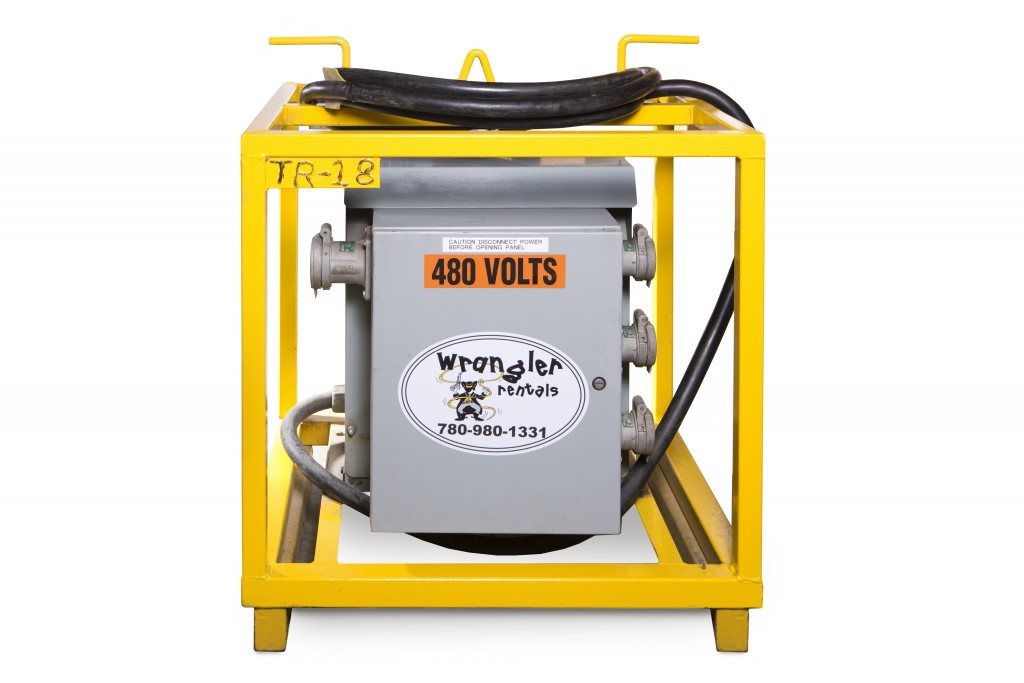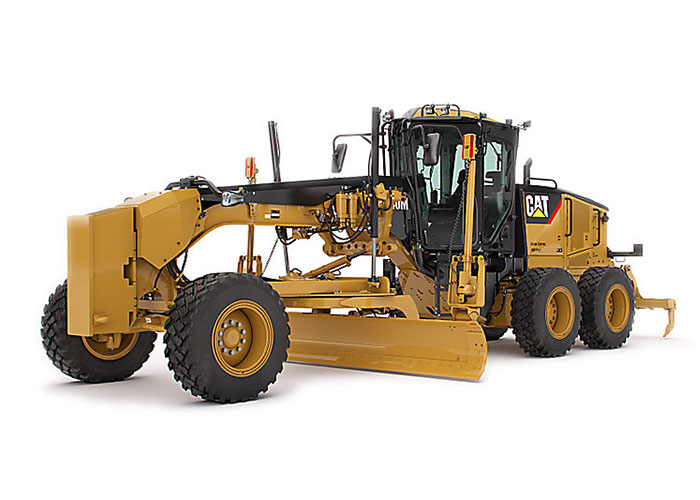A Comprehensive Guide to the Various Types of Oil Field Equipment and Pipeline Equipment Available
The oil and gas industry relies heavily on specific devices for effective extraction and transportation. Various sorts of machinery, from drilling rigs to tank, play vital roles in this complex procedure. Each item of tools offers distinctive features that contribute to overall operational success. Understanding these components is important for anybody associated with the sector. As the sector advances, so also do the innovations that sustain it. What developments are on the horizon?

Drilling Rigs: The Foundation of Oil Expedition
Drilling rigs act as the essential equipment in the domain name of oil exploration, making it possible for companies to gain access to hydrocarbon gets buried deep under the Planet's surface. These rigs come in numerous kinds, consisting of land rigs, offshore rigs, and mobile units, each designed to run in certain settings. Outfitted with innovative technology, drilling rigs can permeate geological developments with precision, guaranteeing reliable source removal. The structural stability and functional capacities of these rigs are crucial, as they have to withstand extreme conditions and considerable stress. In addition, the option of a boring gear influences the overall project cost and timeline, making it a crucial factor to consider for oil firms looking for to maximize their expedition initiatives and make the most of efficiency in their procedures.
Pumps: Crucial for Liquid Activity
In the oil removal process, the duty of pumps is substantial, promoting the motion of fluids throughout various stages of manufacturing. Pumps are crucial for moving petroleum, water, and various other liquids from below ground storage tanks to the surface and after that through pipes to refineries. They are available in various kinds, consisting of centrifugal, favorable variation, and submersible pumps, each serving details functions based on the liquid features and operational requirements. Centrifugal pumps are generally made use of for their effectiveness in high-flow applications, while positive variation pumps master dealing with thick fluids. The choice of pump influences overall performance, functional safety, and upkeep expenses. Proper choice and maintenance of pumps are essential for enhancing manufacturing and reducing downtime in oil area operations.
Valves: Controlling Circulation and Pressure

Valves play a crucial duty in managing the flow and stress of fluids within oil fields and pipelines. Numerous kinds of valves serve unique applications, each created to accomplish specific functions essential for reliable procedure - Superior Oilfield Rentals. Understanding the qualities and uses these valves is necessary for maximizing system efficiency and security
Sorts of Valves
Crucial parts in oil area procedures, shutoffs play a crucial duty in regulating the circulation and stress of liquids within pipelines and equipment. Various kinds of shutoffs are made use of to fulfill the varied needs of oil and gas manufacturing. Common kinds include entrance shutoffs, which provide a straight-line circulation and minimal pressure decline; world shutoffs, understood for their throttling capacities; and ball shutoffs, identified for their quick on/off control. In addition, check valves stop backflow, while butterfly valves provide a lightweight service for managing flow. Each valve kind is created with specific products and configurations to endure the rough conditions usually found in oil fields, making certain reliability and performance in operations. Comprehending these types is crucial for effective system monitoring.
Valve Applications and Features
While different sorts of valves serve distinctive objectives, their key applications rotate around managing flow and stress within oil and gas systems. Shutoffs such as gateway, world, and round valves regulate liquid activity, making certain peak efficiency and security. Gateway shutoffs are commonly utilized for on/off control, giving marginal circulation resistance. World shutoffs, on the various other hand, deal accurate circulation law, making them suitable for throttling applications. Sphere shutoffs are preferred for their quick procedure and tight sealing abilities. On top of that, stress alleviation valves are important for stopping system overpressure, guarding devices honesty. On the whole, the suitable selection and application of valves boost operational performance, ensuring the reputable transport of oil and gas with pipelines and handling facilities.
Compressors: Enhancing Gas Transport
Compressors play an essential duty in the effective transport of all-natural gas, making sure that it moves smoothly with pipes over cross countries. These gadgets raise the go to this web-site pressure of gas, allowing it to get over rubbing and altitude modifications within the pipeline system. Furthermore, compressors help with the balancing of supply and need, accommodating variations in intake and manufacturing prices. Numerous kinds of compressors are utilized in the sector, including centrifugal, reciprocating, and rotating screw compressors, each offering distinct advantages based upon the operational demands. Regular maintenance of these compressors is vital to take full advantage of performance and decrease downtime, ultimately adding to a reputable gas transport network. Their critical feature underscores the significance of compressors in the total oil and gas infrastructure.
Storage Tanks: Safe and Effective Liquid Management
Effective transport of all-natural gas relies on different supporting systems, one of which is the proper administration of storage space tanks. These tanks play an important role in safely containing liquids, making sure that functional performance is preserved while minimizing ecological dangers. Built from sturdy materials, they are created to endure high pressures and harsh aspects. Correctly sized and strategically situated, tank facilitate the smooth flow of natural gas and various other liquids, protecting against bottlenecks in supply chains. Normal upkeep and surveillance are crucial to identify leakages or structural issues, promoting safety and compliance with regulative criteria. Inevitably, the reliable monitoring of tank is important for the total stability and integrity of the oil and gas industry's liquid handling systems.
Pipeline Equipments: Facilities for Transport
Pipeline systems work as the backbone of the oil and go to my blog gas market, promoting the effective transportation of hydrocarbons over huge ranges. These systems contain numerous elements, including pipes, valves, pumps, and compressors, all meticulously developed to ensure seamless flow. The products made use of in pipeline construction, often steel or high-density polyethylene, are chosen for toughness and resistance to rust. Pipeline networks can cover throughout land and water, attaching production websites to refineries and warehouse. In addition, advanced innovation makes it possible for real-time tracking of circulation prices and stress levels, improving functional performance. The tactical placement of these pipes reduces ecological effect while making the most of source availability, thereby playing a vital duty in meeting energy needs around the world.
Safety And Security Equipment: Making Certain Employee and Environmental Management
The operation of pipeline systems, while essential for energy transportation, additionally offers substantial safety difficulties for workers and the environment. Safety equipment plays a significant role in minimizing these dangers. Personal safety equipment (PPE) such as headgears, gloves, and non-slip shoes safeguards workers from physical threats. In addition, gas detection systems check for leakages, making sure that damaging substances do not present a hazard to employees or the surrounding environment. Emergency situation closure systems are imperative for quickly stopping operations throughout a crisis, protecting against prospective calamities. Spill containment materials, consisting of absorbents and obstacles, are essential for lessening ecological impact. In general, purchasing comprehensive security equipment is crucial for preserving operational integrity and protecting both employees and the atmosphere in the oil and gas field.

Frequently Asked Questions
Just how Do I Pick the Right Oil Field Equipment for My Project?
Selecting the appropriate oil field equipment involves evaluating project requirements, budget constraints, and functional needs. Consider aspects such as equipment reliability, compatibility with existing systems, and the distributor's track record to guarantee peak efficiency and security.
What Are the Upkeep Requirements for Oil Field Equipment?
Maintenance demands for oil area equipment consist of routine inspections, lubrication, and timely repairs. Operators should likewise comply with best excavator supplier guidelines, display performance metrics, and assurance compliance with safety and security policies to improve longevity and performance.

Just How Can I Make Certain Compliance With Environmental Rules?
To guarantee compliance with environmental regulations, business must carry out regular audits, execute finest techniques, purchase training, maintain correct documentation, and stay upgraded on regulation (Superior Rentals reviews). Cooperation with ecological agencies can additionally enhance adherence to guidelines
What Is the Typical Life Expectancy of Pipeline Equipment?
The ordinary life expectancy of pipeline tools normally varies from 20 to half a century, depending on aspects such as worldly top quality, ecological problems, and maintenance methods. Routine assessments can greatly influence durability and operational effectiveness.
Just how Do I Securely Deliver Oil Field Equipment to Remote Locations?
Transporting oil area devices to remote places needs mindful preparation, including route analysis, securing authorizations, making use of suitable lorries, and making sure safety and security procedures are adhered to. Proper training and interaction among staffs are vital for successful transport.